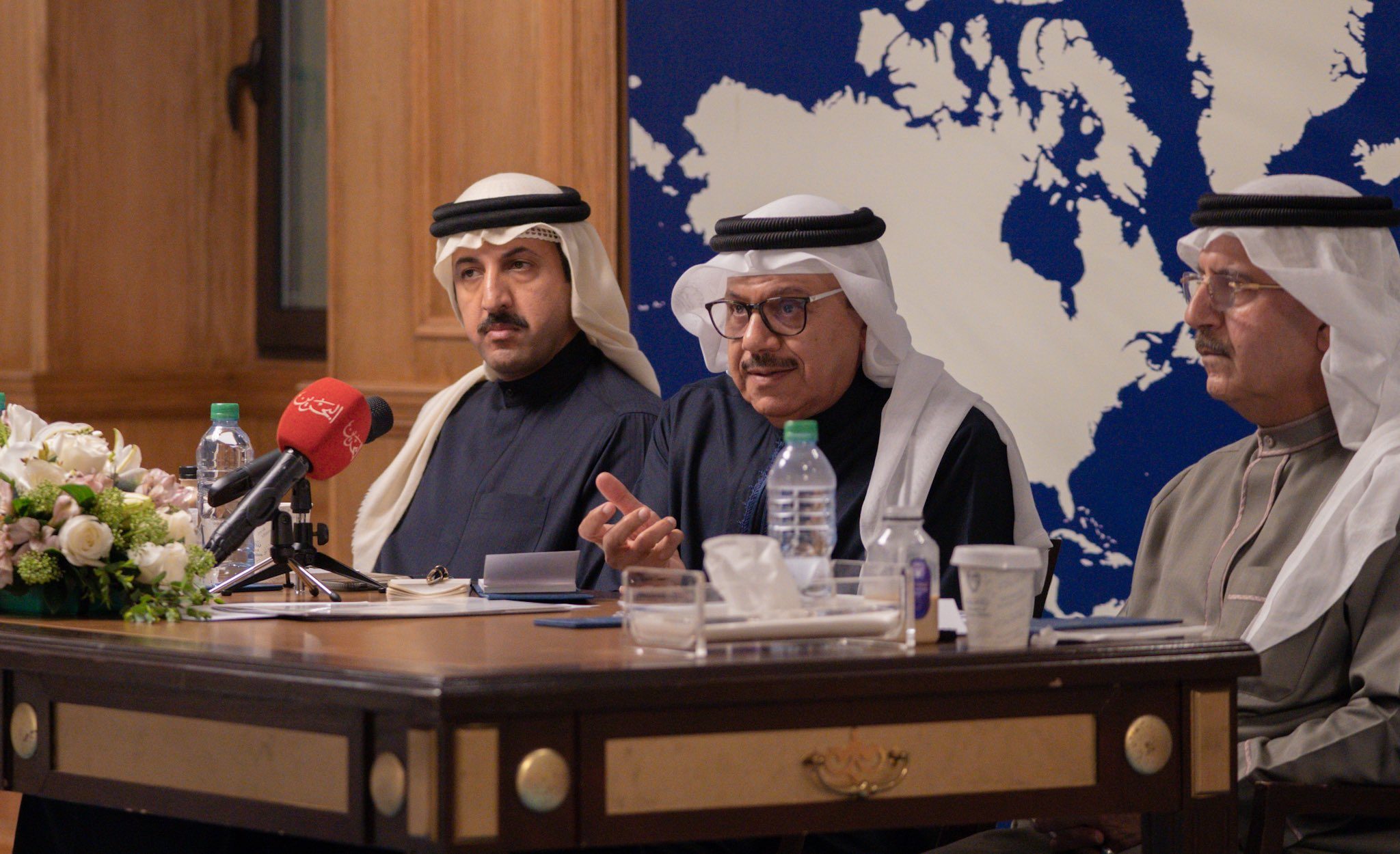The status of Qatar and Bahrain’s ties has been unclear despite the signing of the Al-Ula Declaration on January 5th this year.
Bahrain’s foreign ministry said it sent two official invitations to Qatar to hold talks in Manama in a bid to “settle outstanding issues” following the end of the GCC crisis.
In a statement released on Tuesday, the diplomatic office said the invitations were sent to Qatar’s Deputy Prime Minister and Minister of Foreign Affairs Sheikh Mohammed bin Abdulrahman Al Thani and requested a Qatari delegation be sent to the kingdom to hold meetings.
“The Kingdom of Bahrain hopes that the State of Qatar will take into account in its foreign policy, the unity of the Gulf, and the bonds of kinship, common history and mutual interests, and that the two brotherly peoples and countries share a common destiny,” read the statement released on Tuesday, quoting foreign minister Abdullatif bin Rashid Al Zayani.
Al Zayani added that Bahrain looks forward to “having Qatar take the right and necessary steps to achieve Gulf unity in all its aspects”, adding that it calls on Doha to “constructively interact with the decision” of the International Civil Aviation Organisation on air travel for the Middle East.
“[The decision] calls upon the two countries to allow the good offices of the president of the organisation to reach a consensus between the two countries on regulating air traffic in the region… which will lead to consolidating Gulf unity and strengthening the process of joint Gulf cooperation towards greater integration and interdependence,” read the statement.
GCC crisis: Where does Qatar stand with former blockading quartet?
In 2017, Bahrain joined Saudi Arabia, the UAE, and Egypt in an illegal land, air and sea embargo on Doha over accusations that it supports terrorism. Qatar has consistently and vehemently denied those allegations.
While the dispute has since been resolved with the signing of the Al-Ula Accord at the 41st GCC Summit in Saudi Arabia this year, issues between Manama and Doha have remained unsolved, posing a question on the status of reconciliation between the two states.
In February, Bahrain said it initially sent an invitation to Qatar in January for talks, but there had been no response.
At the time, the Secretary-General of the Gulf Cooperation Council said Qatar has yet to respond to a Bahraini invitation to discuss pending issues because the invite was sent through the media and not directly to the relevant authorities, as per protocol.
Qatar delayed its response to the January invite because it was carried through “a media announcement,” Nayef bin Falah Al-Hajraf allegedly told Bahrain’s Minister of Foreign Affairs Abdullatif Al Zayani.
“It became clear through correspondence with the Secretary-General of the Cooperation Council that the reason for the delay in the Qatari response is the media announcement of the invitation addressed to Qatar’s Ministry of Foreign Affairs,” Al Zayani said.
In the weeks prior to the signing of the declaration, Bahrain continuously attempted to provoke Qatar by breaching its territorial waters and airspace.
Throughout those incidents, Bahraini media continued to vilify Qatar for arresting those accused of illegally entering its territories, despite Manama’s role in imposing the blockade.
Bahrain also filed a “note of protest” to the Qatari foreign ministry over an episode aired by Al Jazeera in March as part of the “Out of Context” programme, which focused on a book by Nader Matrouk that delved into the torture of opposition prisoners in Bahrain’s Jau Central Prison in 2015.
Shortly after the signing of the declaration in January, Qatari families attempting to visit Bahrain were denied entry at the King Fahd Causeway despite the opening of the land, air, and sea borders.
Bahrain’s border authorities asked Qataris to register for an “online visa” as per blockade regulations.
Analysts at the time said authorities in Doha dismissed the invitations due to the continuous provocations.
“It clearly doesn’t seem to make sense to Qatari officials that, during escalations and ongoing attempts to taint Qatar as aggressive in the eyes of Bahraini society, that Doha would receive an invitation to send an official delegation for talks,” Dr. Majed Al-Ansari, Assistant Professor of Political Sociology at Qatar University, told Doha News in February.
Unlike Saudi Arabia, the UAE and Egypt, there has been no news regarding trade nor an update of policies between Bahrain and Qatar as of yet.
Follow Doha News on Twitter, Instagram, Facebook and Youtube







